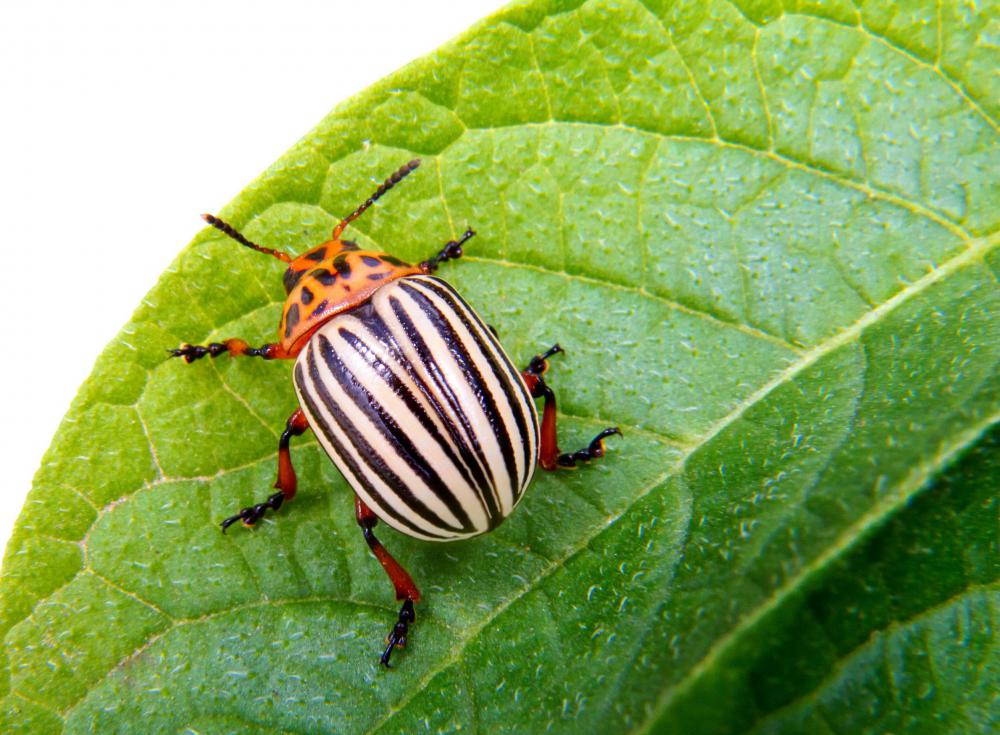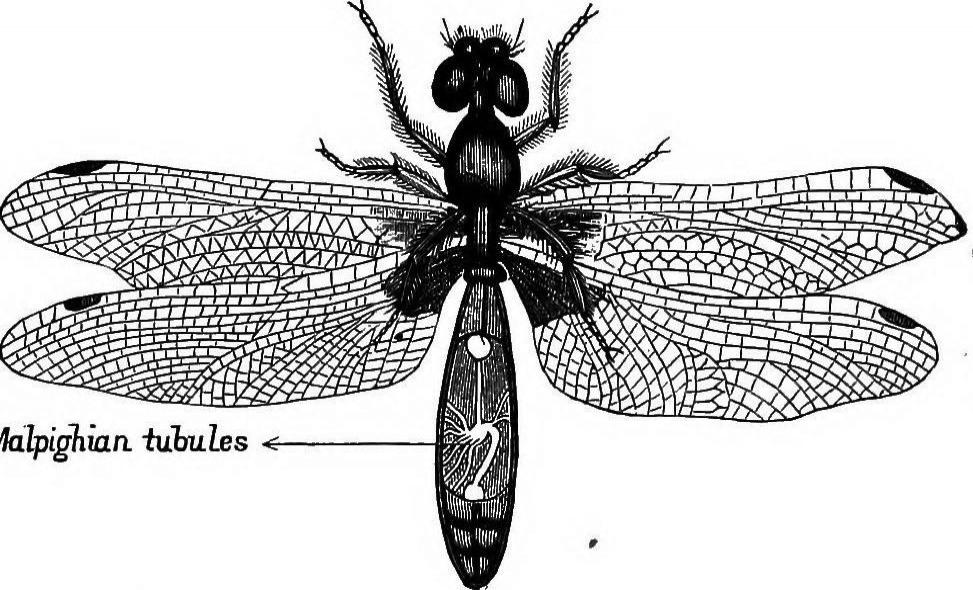At PracticalAdultInsights, we're committed to delivering accurate, trustworthy information. Our expert-authored content is rigorously fact-checked and sourced from credible authorities. Discover how we uphold the highest standards in providing you with reliable knowledge.
What are the Different Types of Zoologist Courses?
A zoologist is an animal scientist who devotes his or her career to the care and observation of animals in captivity and in the wild. Many people with zoology degrees work as biologists, zookeepers, conservationists, educators, or researchers specializing in the animal world. To become a zoologist, an aspiring scientist will usually need to complete either a bachelor's or graduate degree in zoology. There are many different types of zoologist courses that may be required to get a degree, including history, anatomy, behavior, and the study of individual ecosystems or classes of animals.
Many zoology programs require that students first take a series of classes that teach them the basics of research, scientific experiment, and proper scientific notation. These classes may be taken in the first year of a zoology degree program, and help to ensure that all students follow the same method of notation and classification. Basic classes in the methods and theories used by the program help serve both students and teachers, much as pre-law or pre-med courses help prepare legal and medical students for the more rigorous work ahead.

Many zoologist courses focus on the evolutionary development and present manifestation of certain types of animals. These may be broad courses that focus on such emphases as the development of vertebrates. Students are taught how to identify and classify the animals, and may perform dissections or studies of live specimens. Not all zoology students will need to take a comprehensive list of these classes; a student that wants to specialize in the study of insects may take classes more centered around entomology than a student who wants to become a marine biologist.

Natural history classes are quite common types of zoologist courses. These courses focus not only on the anatomical and evolutionary study of animals, but also their place in an ecosystem, behavior in the wild, and relationship with other species or families. Natural history classes may be taught in a classroom but may also be fieldwork-based classes that allow students to examine specimens in the wild.

Behavior-based zoologist courses examine the characteristics and lifestyles of different animals. This can include information about mating and parenting, group interaction, nest or shelter construction, learned behaviors, and defensive and aggressive techniques. These classes often involve some level of practical experience with captive animals; behavior classes may also involve observation and interpretation skills.

Once a scientist has chosen a specialty area of study, he or she may choose to focus on zoologist courses that primarily concern that specialty. Classes that focus on a specific species or ecosystem allow students to gather in-depth information about their specialty; a marine biologist, for instance, might begin to focus on classes about marine ecology, marine ecosystems, and a specific order of animals, such as cetacea, or whales and dolphins.
AS FEATURED ON:
AS FEATURED ON:
















Discussion Comments
What type of zoologist travels to study the behavior of different types of animals?
Post your comments